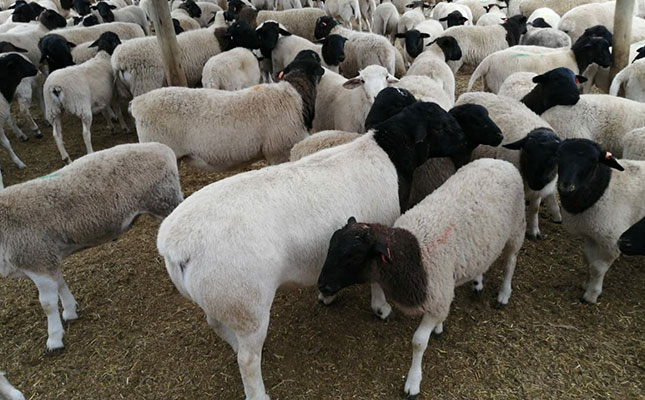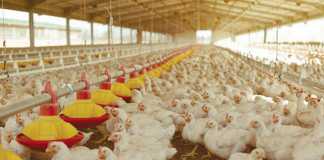
Photo: FW Archive
Interested parties have until 30 April to submit written comments on draft guidelines aimed at enhancing the ethical transportation of livestock from South Africa by sea.
Dr Mphane Molefe, director of veterinary public health at the Department of Agriculture, Land Reform and Rural Development (agriculture department), called for public comment in a recent government notice, saying that the guidelines would be in addition to those from the World Organisation for Animal Health (OIE).
The document said the proposed guidelines were in response to requirements in South Africa’s Animals Protection Act No. 71 of 1962, and were also guided by the OIE’s Terrestrial Animal Health Code.
“These guidelines apply to sheep, goats, cattle and buffaloes. Transportation by sea encompasses the entire journey, from the point of origin [such as the farm of origin] to the final destination in the importing country. Transportation of animals requires careful planning. This is key to a successful outcome. This includes and involves reducing or avoiding any unnecessary stress or harm to the animals, such as injuries or abrupt physiological changes,” the document stated.
Farmer’s Weekly has previously reported that while South Africa’s wider livestock production sector believed that such exports by sea hold promise for boosting the sector and the national economy, there had also been vehement opposition from the National Council of Societies for the Prevention of Cruelty to Animals (NSPCA) and its supporters.
While the NSPCA was unable to respond in time to questions about the draft guidelines, a separate statement it issued earlier this month said hundreds of thousands of sheep had, to date, been exported by ship from South Africa allegedly “under deplorable conditions”.
The statement added that the NSPCA wanted animals to rather be slaughtered close to where they were reared in South Africa, and their carcasses or other products then exported chilled or frozen to international markets.
“As South Africa’s foremost animal welfare body, the NSPCA will never concede to live animal exports,” the statement said.
Gerhard Schutte, CEO of the Red Meat Producers’ Organisation, said many discussions had been held to date between his organisation, the wider livestock sector, and the agriculture department with regard to the draft guidelines.
“We’ve been on record since day one to say that we support this trade [of livestock by sea from South Africa], but also that it must be done in terms of good animal welfare practices. And, this is what the proposed guidelines are all about,” he said.
Prof Gareth Bath, chairperson of the Livestock Welfare Coordinating Committee, said although there was no consensus among the committee’s members on the subject of livestock exports by ship, if the courts and country’s authorities decided that such exports should be allowed to continue, the health and welfare of these animals “[…] must surely be protected by comprehensive, clear, and enforceable regulations […]” from farm to slaughter.
“It is essential that the guidelines be discussed and modified to arrive at a consensus […]. We must ensure that the guidelines can be converted into enforceable regulations and protect animals as best we can,” said Bath.










